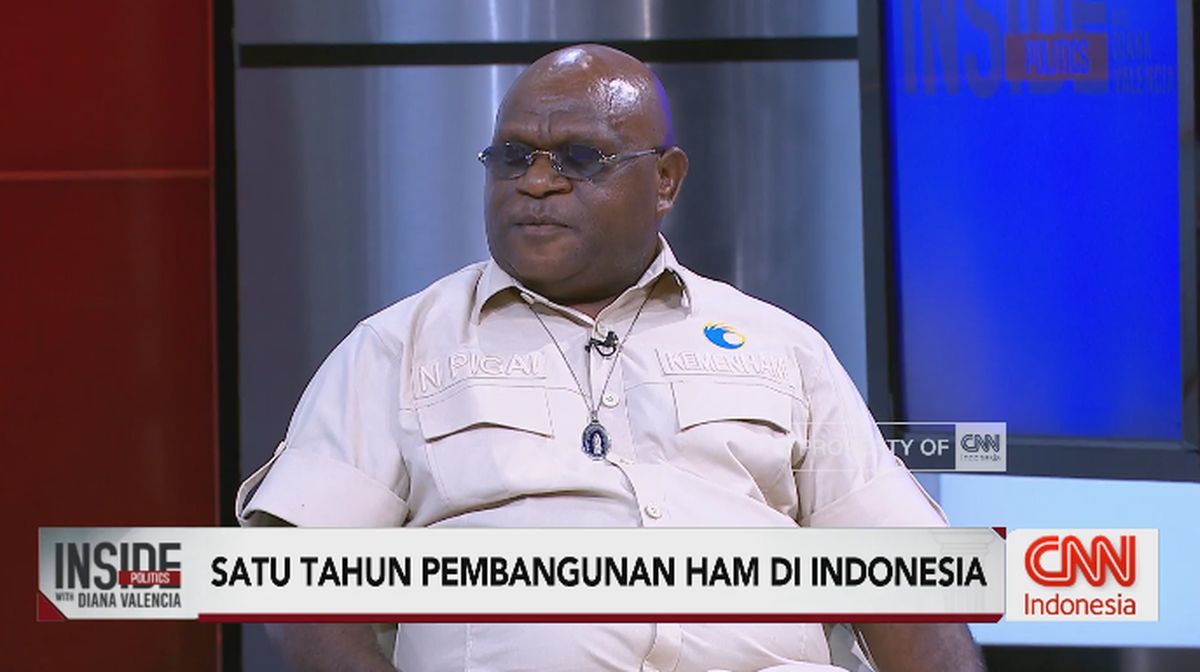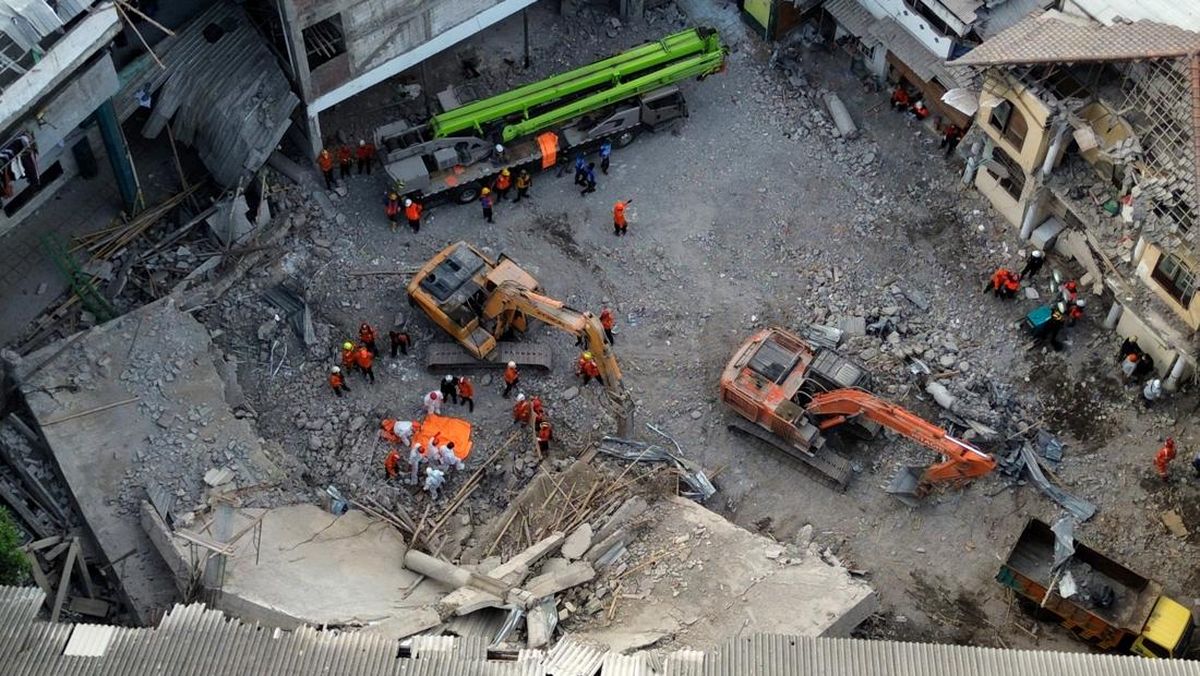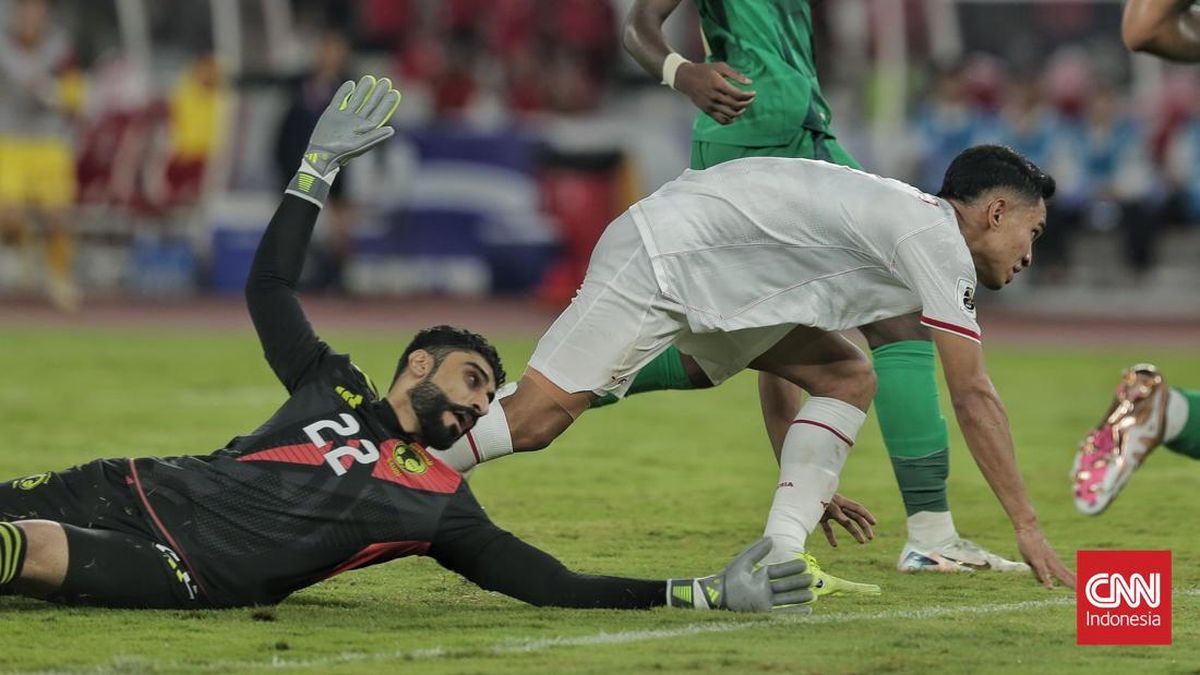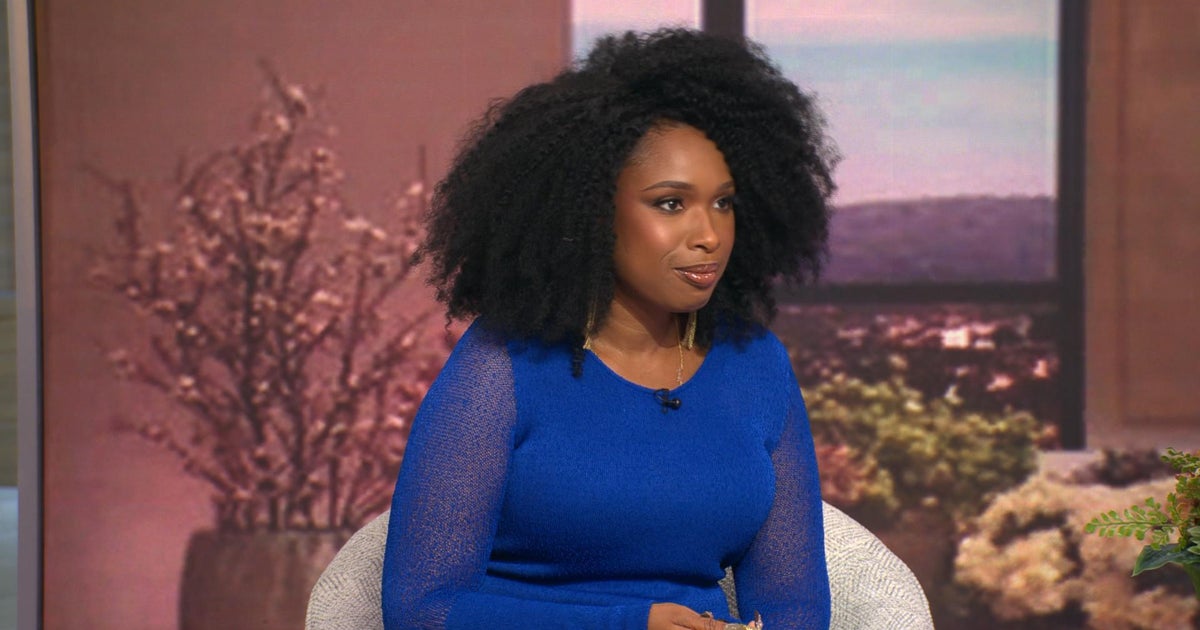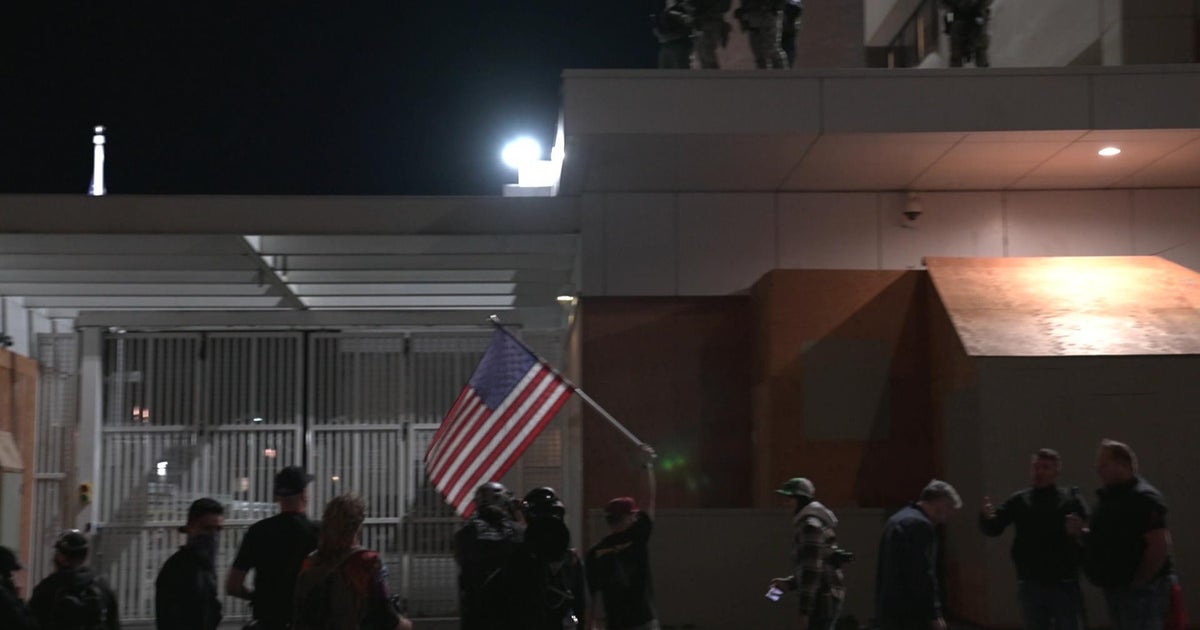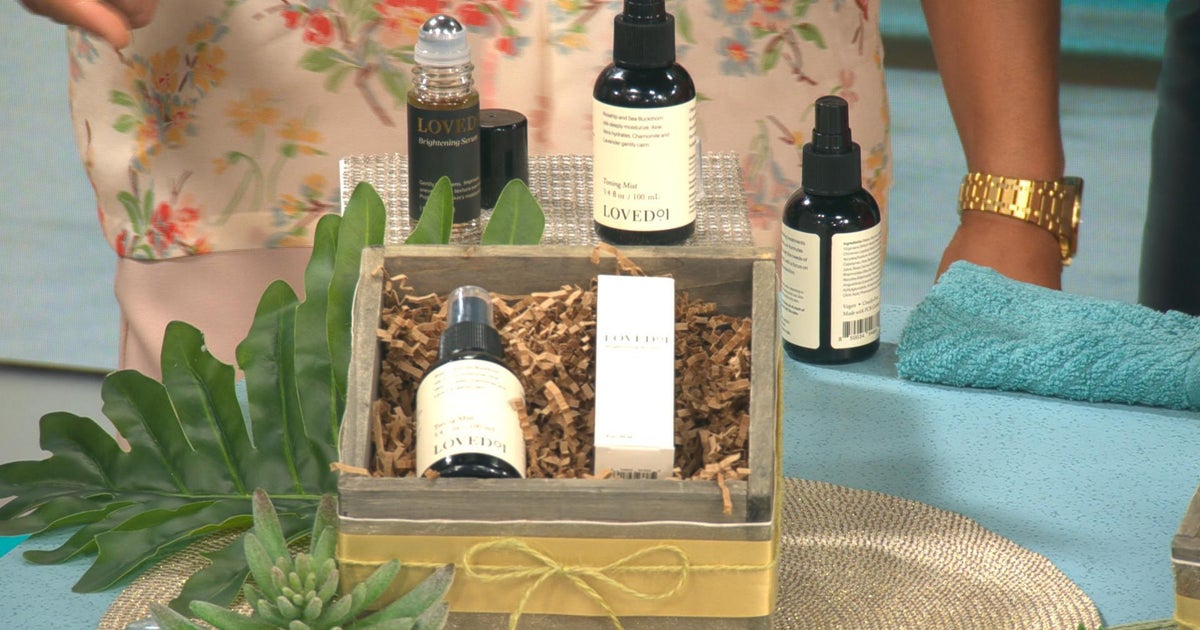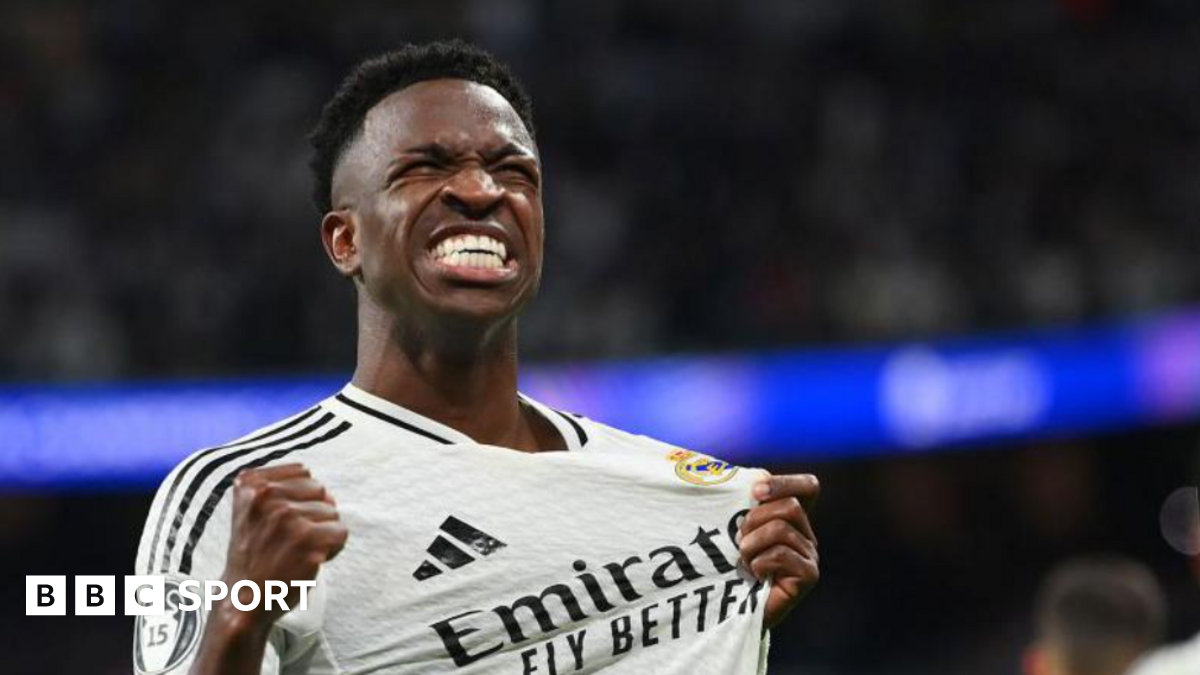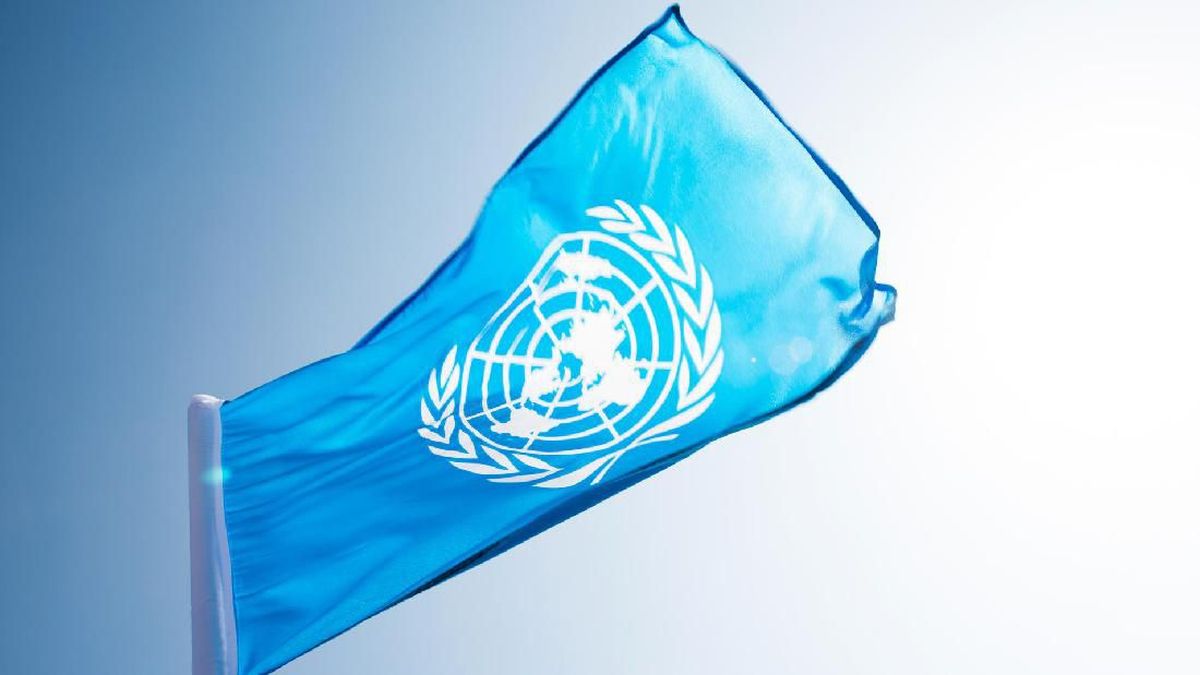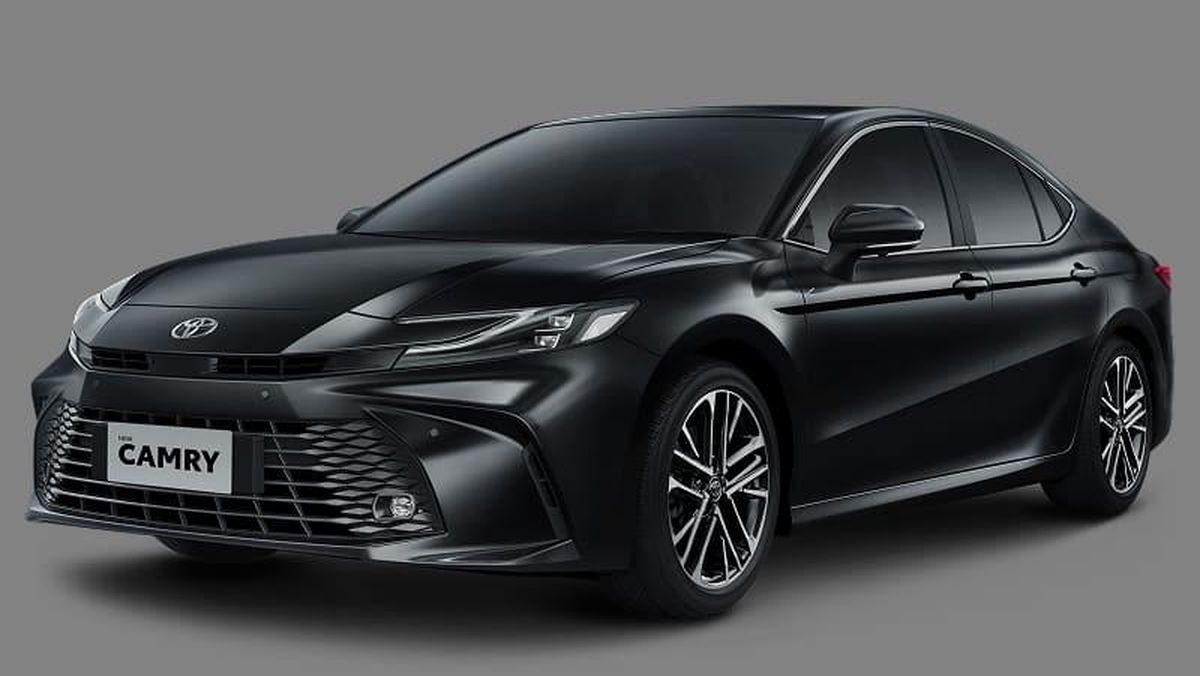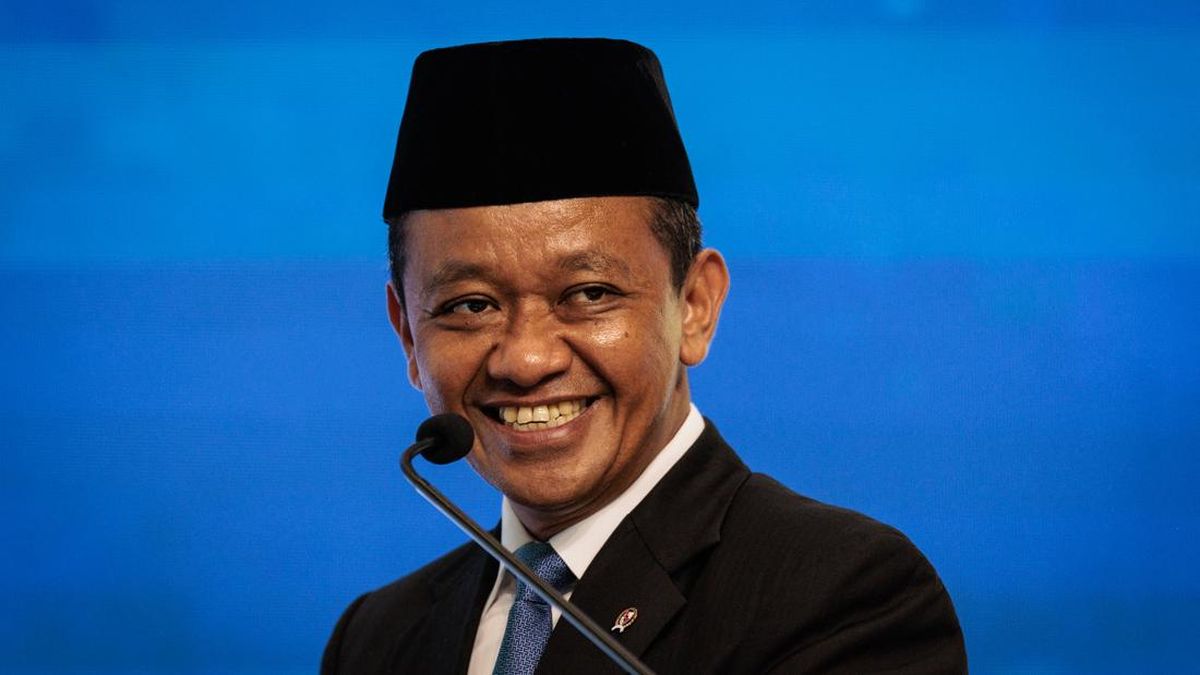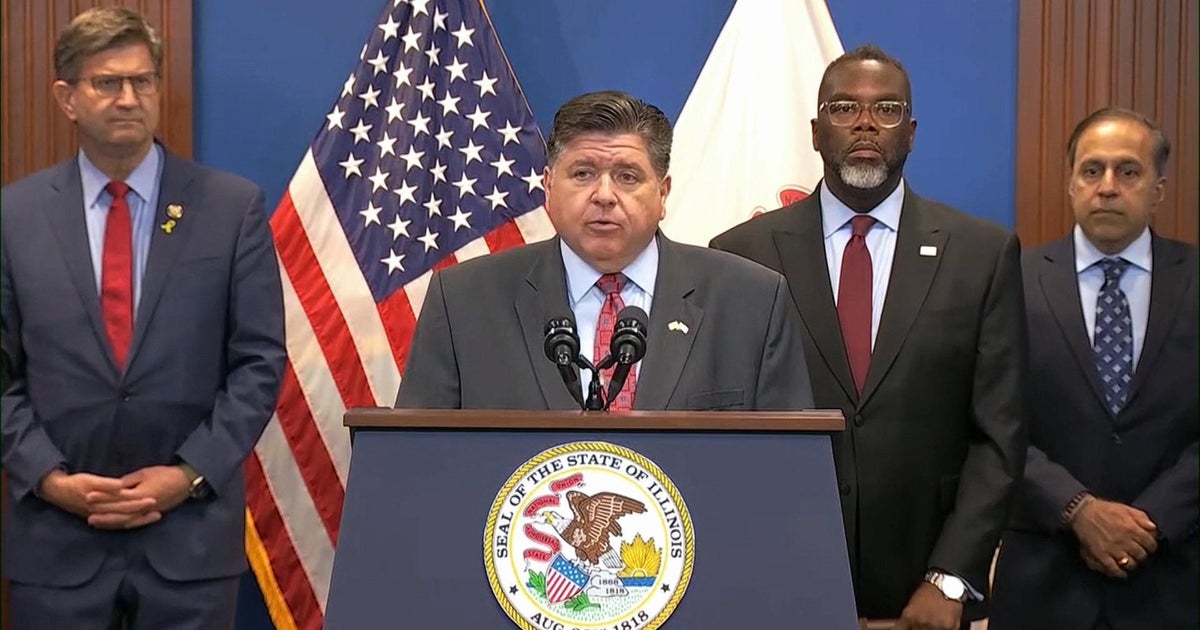This year’s Fringe festival has kicked off, with over 500 shows on the schedule. Here, our writers take a closer look.
See all 8 stories.Vidya Makan’s ascent in the world of Australian music theatre has been steep. In just a few years, she’s played leading roles in Hamilton and SIX, and has written her own show, The Lucky Country, which has been hailed as a game-changer. The show echoes the stories we look for in every musical, but expands our notion of who gets to tell them.
Music theatre is the art form of the underdog, says Makan. “The first song is often an opening number where you establish a scene, and then you meet a character who doesn’t quite fit in, and their first solo song is called the ‘I want’ song. It’s about a character who wants something.”
Think of the heavy hitters, she says. Wicked: “It’s about a green woman who tries to change the world.” Phantom of the Opera: “You’ve got the phantom who’s this outcast.” Les Mis: “It’s about this man who was misunderstood.”

Vidya Makan in SIX.Credit: James D Morgan / Getty Images
And then you’ve got Makan, a self-described “music theatre tragic” who had her own frustrations.
“Whenever I would go and watch a mainstream musical, I would find really whitewashed stories,” she says. “Any time that it was an Australian story, I hate to say that it was kind of ... bland is one word, but also it didn’t depict the reality of what I actually see every day.”
In 2018, Makan’s “I want” song wasn’t quite as ambitious as wanting to write the great Australian musical. “The jumping-off point for me was, dare I say, a selfish one. I wanted to see myself represented and create a place for me to belong.”
She approached director and dramaturge Sonya Suares with her idea for a musical that speaks to the real diversity of voices in Australia. Suares recalls Makan telling her: “I think this may be a calling card for me as a writer, for people to see what I can do before my first big musical.”
“And I said: ‘I think this is your first big musical. Look at what you’re attempting. You want to write back against the grand narratives of Australian identity from the perspective of the margins.’ That’s a huge conceit, to write a musical that speaks to the gamut of who we are as a nation.”
Spoiler: they pulled it off. It would hardly be a musical if the ending was a downer, and when The Lucky Country premiered in Sydney in 2023, the Sydney Morning Herald declared that the show “touches the sublime” with songs that are “instantly unforgettable”.

Vidya Makan, centre, in the Sydney production of The Lucky Country.
“We were very, very proud of the way that it was received,” says Makan. “Not just by the critics. Getting to see the kinds of audiences in that theatre that had never been to see a musical before and were walking out going: ‘Whoa. That show saw me.’ That, for me, was the biggest thing.”
There are music theatre juggernauts that are cast, choreographed and costumed with cookie-cutter precision, so that audiences in Melbourne, Paris, Seoul or Toronto will essentially get the same show. That doesn’t reflect the spread of local performers who line up to audition.
“When I started off auditioning in this industry, I’m a strong singer, I’m a strong actor, and I would get to the final rounds of pretty much every commercial audition and the things that got told to me were literally like: ‘Sorry, you’re just not Black enough.’ ‘Sorry, you’re just not Latinx enough,’” says Makan.
Suares faced the same barriers when she began acting in the ’90s. “I was ready to play all the leading roles in Shakespeare and Ibsen and Chekhov. And I literally had directors say to my face, ‘But Sonyechka, who are you going to be in The Seagull?’”
The ground is shifting, Makan says, and her run of leading roles is testament to that. Representation isn’t enough, however.
“It’s not just about what we see on stage, even though that is so important. It’s also about what’s underneath the work, the people that are making the shows, the people that are putting on the shows, the people that are working backstage on those shows. The kinds of stories we get to tell.”

Sonya Suares, left, and Vidya Makan set out to make a musical that better reflects contemporary Australia.Credit: Simon Schluter
The uniformity of so much music theatre might also underestimate its audience’s appetite for novelty. “I look at every great musical that’s changed the game. I’m thinking about things like Hamilton, Rent, Hair, even South Pacific back in the day. These were all daring musicals. They did things that hadn’t been done before. And the audiences that they brought in had never been to the theatre before,” says Makan.
It doesn’t hurt that game-changing musicals generally give us some classic numbers, and The Lucky Country wouldn’t be the success story it is if it wasn’t stocked with bangers. Makan has been playing keys since she was three and her talents as a lyricist and composer are on formidable display throughout the show.
What’s most impressive about the soundtrack is the way it’s as polyphonic as the people the show tries to represent. Each song is packed with musical allusions: from Baker Boy to the Play School theme, Cold Chisel to Electric Fields, Sampa the Great to Kylie Minogue.
In the early days of writing, Suares suggested to Makan that a soundtrack that cleaved to a narrow musical format would do the subject matter a disservice. “We can’t literally represent everybody in the nation. It’s an impossible task, but we want the music and the characters to feel representative of multiple perspectives. To her credit, she went away and the musical idiom of this piece exploded into such a diverse array of writing styles and homages to multiple Aussie artists,” says Suares.
Loading
Some of the characters who appear in The Lucky Country include war veterans and refugees, a Russian choir and a Chinese-Australian restaurateur who wants to reinvent himself as a Byron Bay nudist. At the work’s centre, however, is a 13-year-old Thiitharr Warra boy. Makan and Suares were determined that the work speak to First Nations communities and collaborated extensively with Thiitharr Warra actor Chenoa Deemal to ensure it hit the right notes.
“It’s wonderful to have the praise of your peers and critics,” says Suares. “But when mob came to the show and said, ‘We feel seen. This work is a meeting place between settler Australia and First Nations storytelling’, then that’s a huge testament to all of the collaborators who trusted us.”
The Lucky Country might have begun with Makan striving to make space for herself on stage, but “now I want to gift our country with something that actually reflects who we are. I think people are wanting this kind of storytelling to be a part of their world”.
The Lucky Country is at Southbank Theatre, October 13-18, as part of the Melbourne Fringe Festival. http://melbournefringe.com.au

